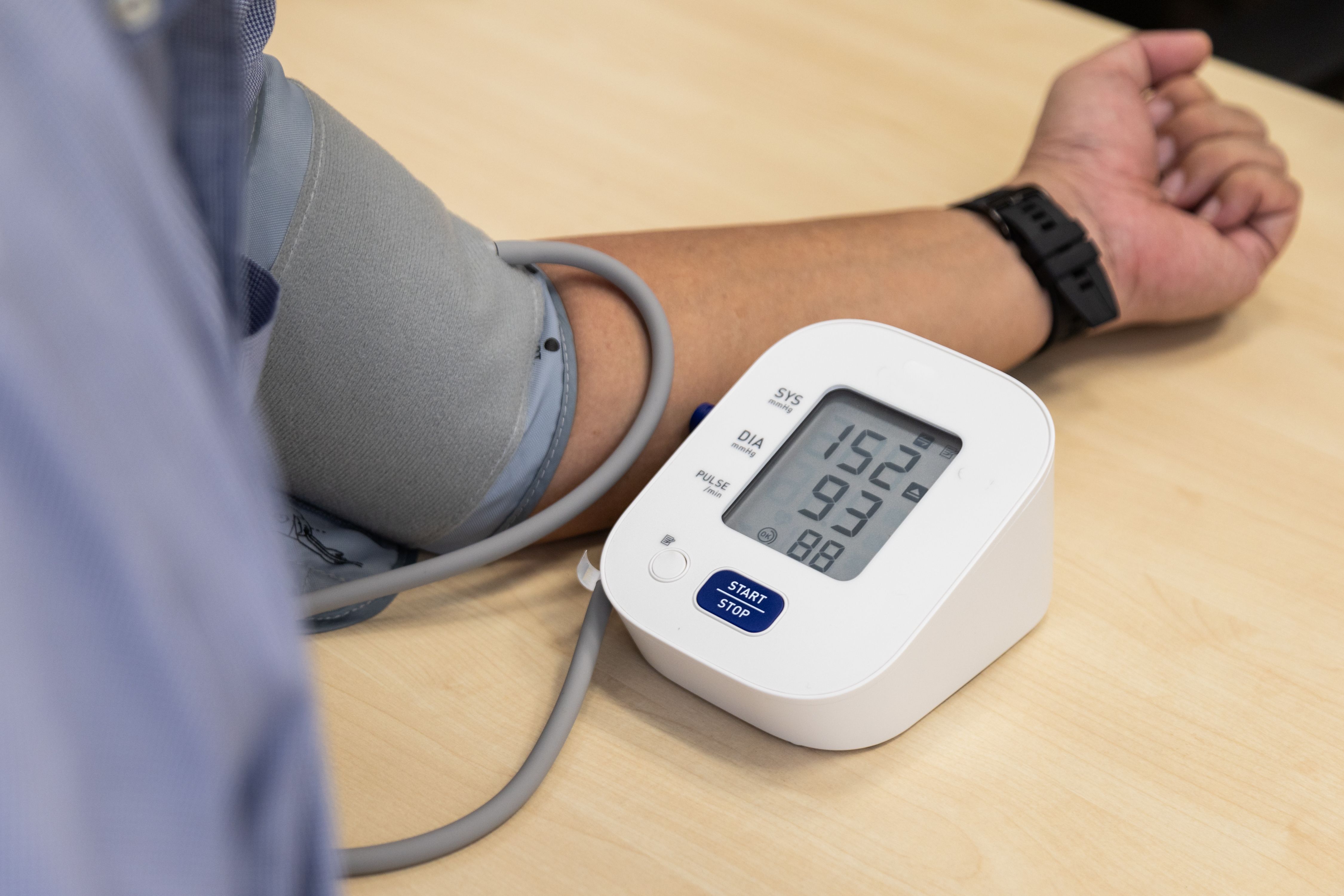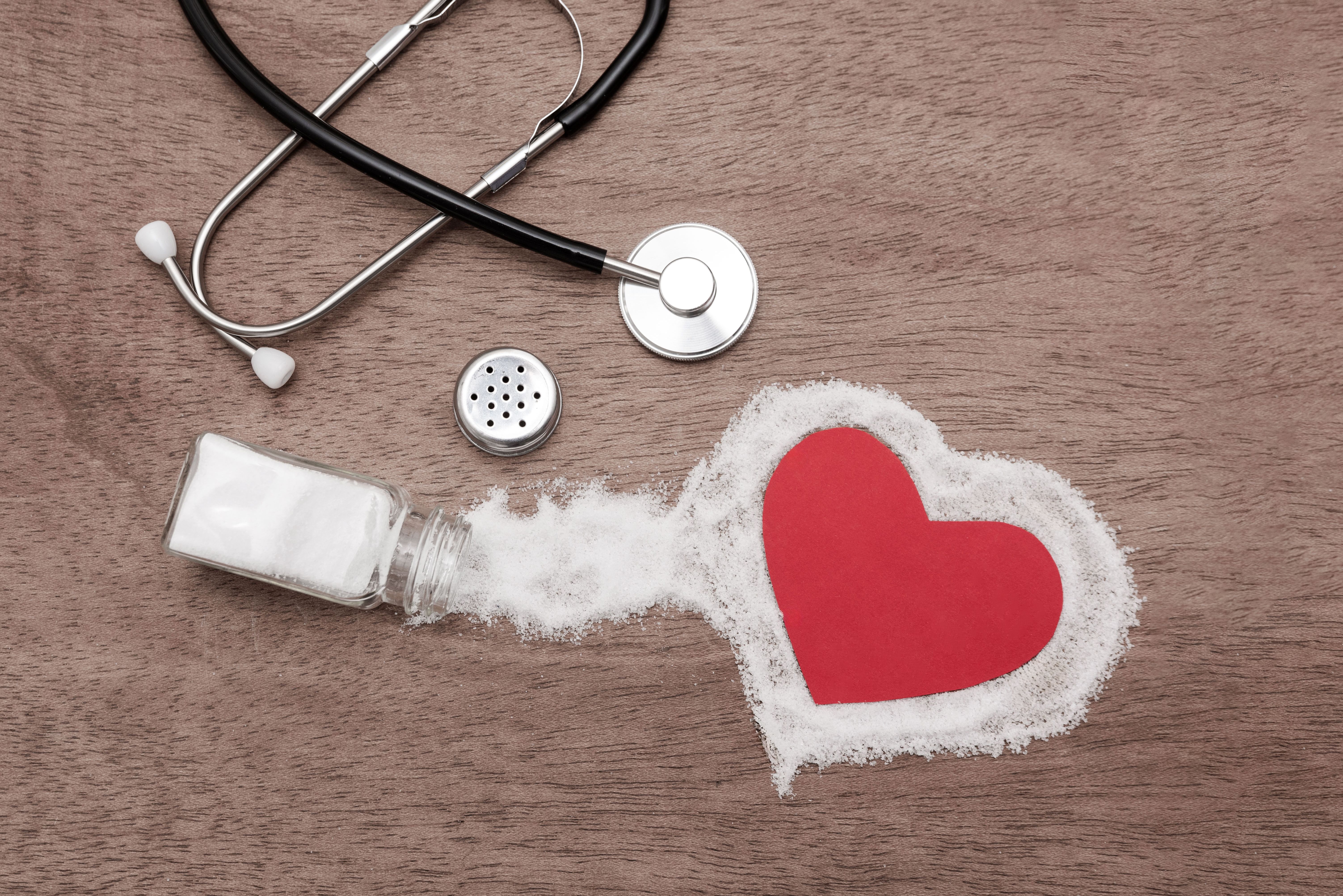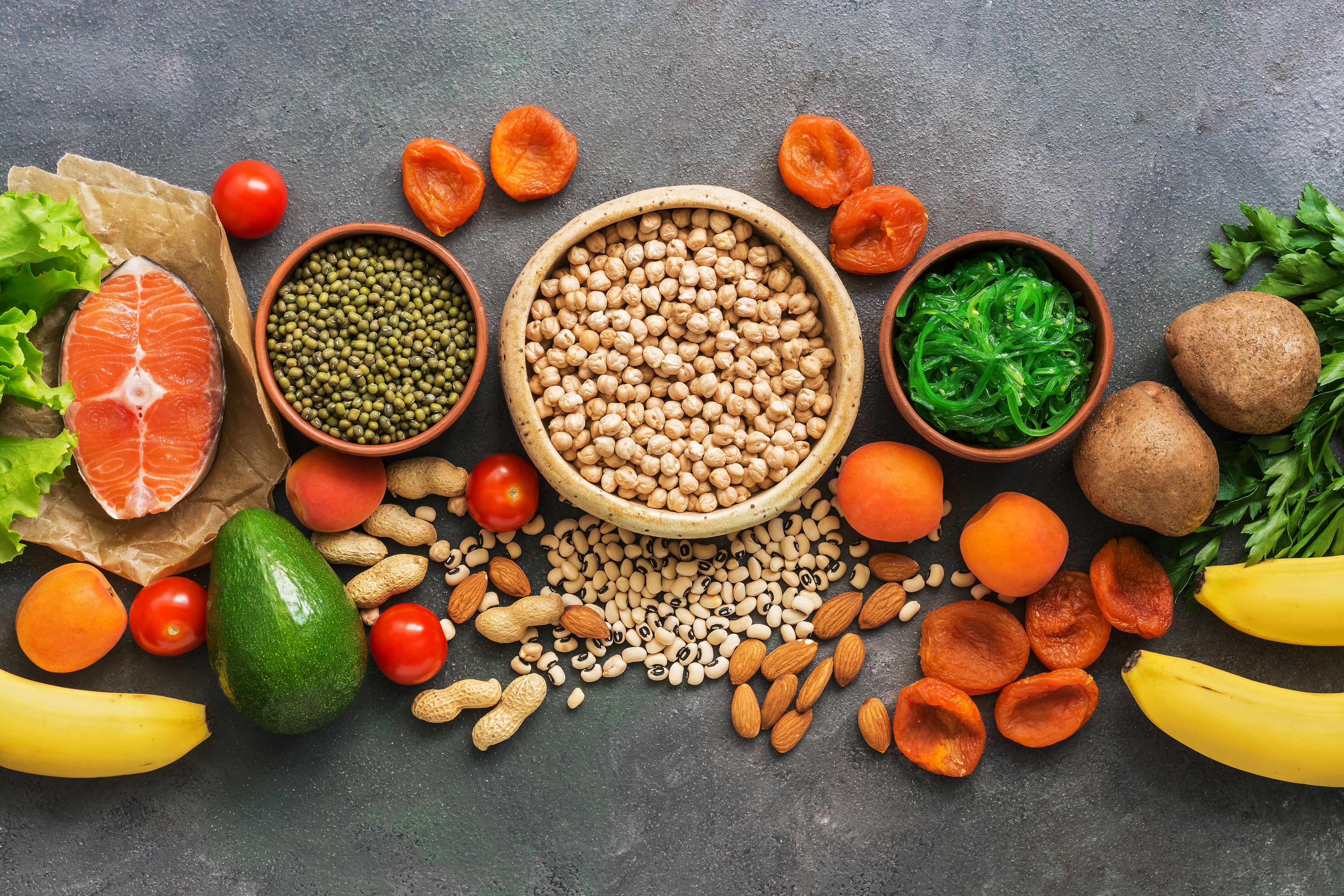Avoid This Common Mistake if You Have High Blood Pressure, Say Dietitians
Understanding High Blood Pressure
High blood pressure, also known as hypertension, is a common condition that affects millions worldwide. It's vital to manage your blood pressure effectively to reduce the risk of heart disease and stroke. One of the most crucial aspects of managing high blood pressure is maintaining a healthy diet. Unfortunately, many people make common dietary mistakes that can exacerbate their condition.

The Role of Sodium in Blood Pressure
Sodium is a mineral that plays a key role in managing fluid balance in your body. However, excessive sodium consumption is directly linked to increased blood pressure levels. The average person consumes far more sodium than recommended, primarily through processed foods and restaurant meals. For those with high blood pressure, limiting sodium intake is essential.
Dietitians recommend keeping sodium intake below 2,300 milligrams per day, with an ideal limit of 1,500 milligrams for those with hypertension. This can be challenging, as many foods contain hidden sodium. Reading nutrition labels and choosing low-sodium options are effective strategies to reduce sodium intake.

Avoiding Processed Foods
Processed foods are a major source of hidden sodium. From canned soups to frozen dinners, these products often contain preservatives and flavor enhancers that are high in sodium. Dietitians advise opting for fresh, whole foods instead. Cooking at home allows you to control the amount of salt in your meals, significantly aiding blood pressure management.
When shopping for groceries, focus on fresh vegetables, fruits, lean proteins, and whole grains. By preparing meals from scratch, you can enjoy delicious and healthy dishes without the excess sodium found in processed foods.

The Impact of Alcohol Consumption
Alcohol can also affect blood pressure levels. While moderate alcohol consumption might have some health benefits, excessive drinking can lead to an increase in blood pressure. For individuals with hypertension, it's crucial to monitor alcohol intake carefully.
Stick to the recommended guidelines of no more than one drink per day for women and two for men. Additionally, consider replacing alcoholic beverages with healthier alternatives like sparkling water or herbal teas.
Emphasizing Potassium-Rich Foods
In contrast to sodium, potassium can help lower blood pressure by balancing out the effects of sodium. Incorporating potassium-rich foods into your diet is a beneficial strategy for managing hypertension. Some excellent sources of potassium include bananas, sweet potatoes, spinach, and avocados.
- Bananas
- Sweet potatoes
- Spinach
- Avocados
Including these foods in your daily meals can help support heart health and maintain optimal blood pressure levels.

Consulting with a Dietitian
If you're unsure about how to adjust your diet to better manage high blood pressure, consulting with a registered dietitian can be incredibly beneficial. A dietitian can provide personalized recommendations based on your specific health needs and dietary preferences.
Working with a professional ensures that you're making informed decisions and avoiding common dietary pitfalls. They can also offer support and guidance as you make these important lifestyle changes.
Conclusion
Avoiding common dietary mistakes is crucial for managing high blood pressure effectively. By reducing sodium intake, avoiding processed foods, monitoring alcohol consumption, and emphasizing potassium-rich foods, you can take control of your health. Remember, small changes in your diet can lead to significant improvements in your overall well-being.
Always seek professional advice from dietitians or healthcare providers to tailor these recommendations to your individual needs and ensure the best possible outcomes for your health.
